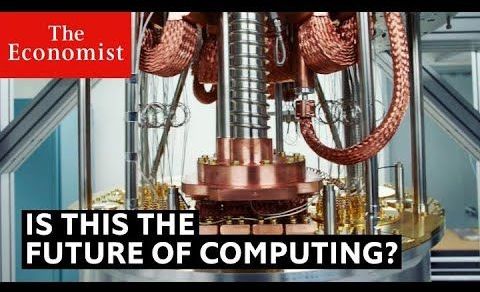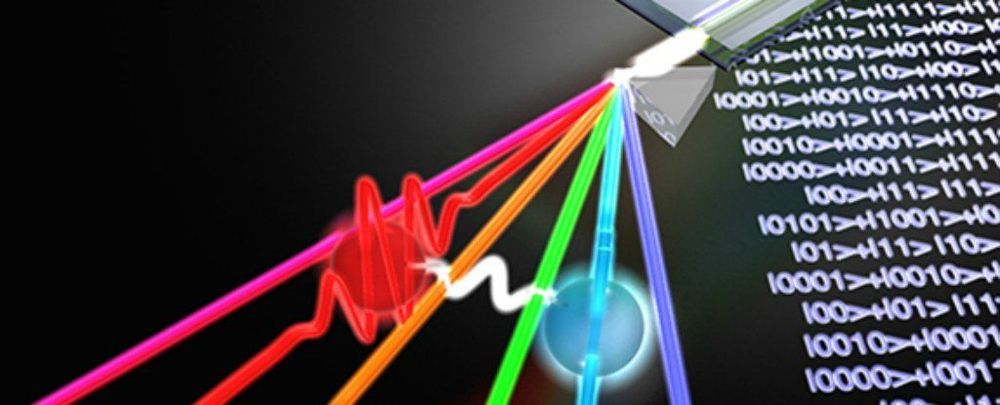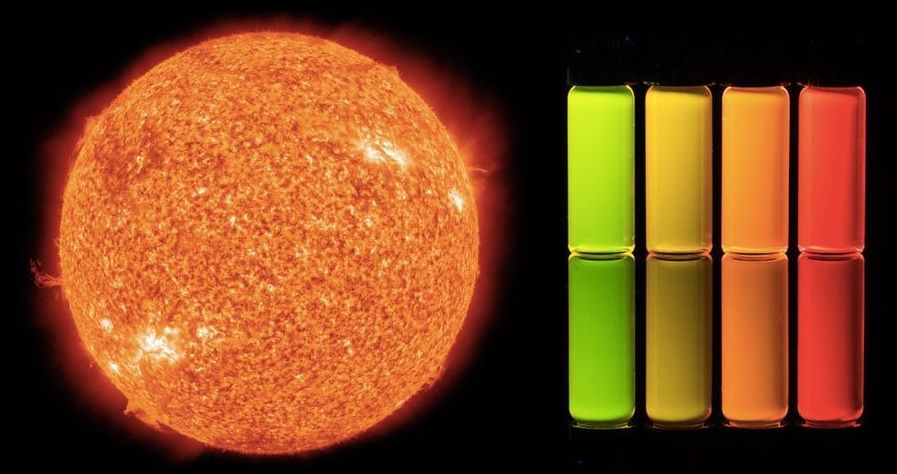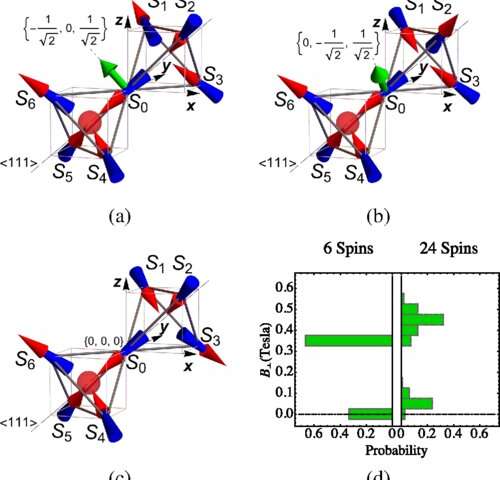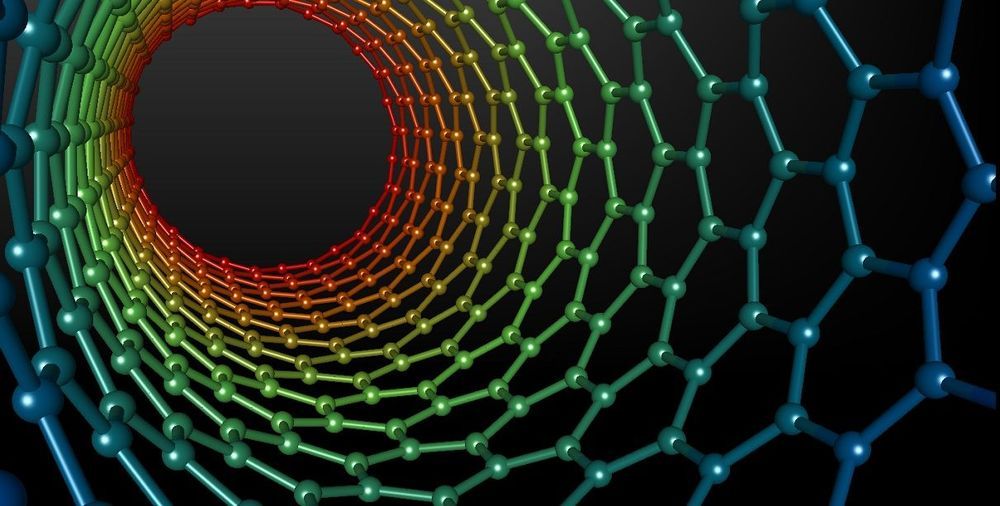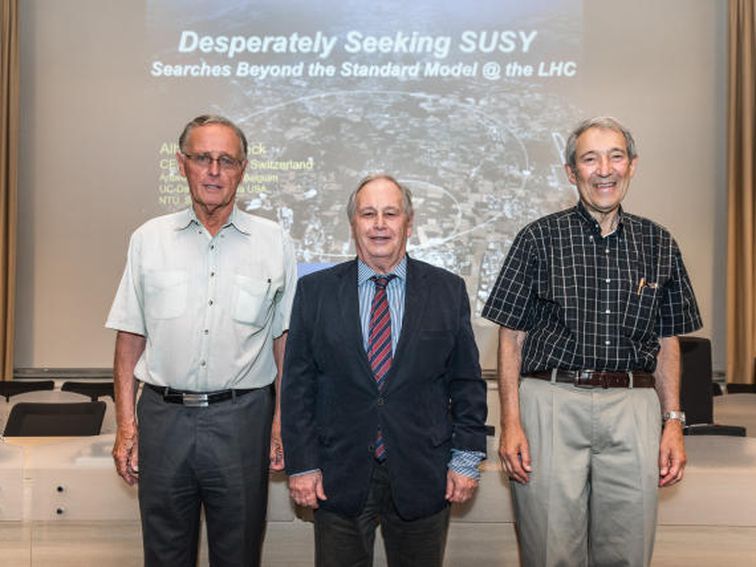Aug 18, 2019
How will quantum computing change the world? | The Economist
Posted by Derick Lee in categories: computing, encryption, quantum physics
The potential for quantum computing to crack other countries’ encrypted networks has captured the attention of national governments. Which of the world’s fundamental challenges could be solved by quantum computing?
Click here to subscribe to The Economist on YouTube: https://econ.st/2xvTKdy
Continue reading “How will quantum computing change the world? | The Economist” »
